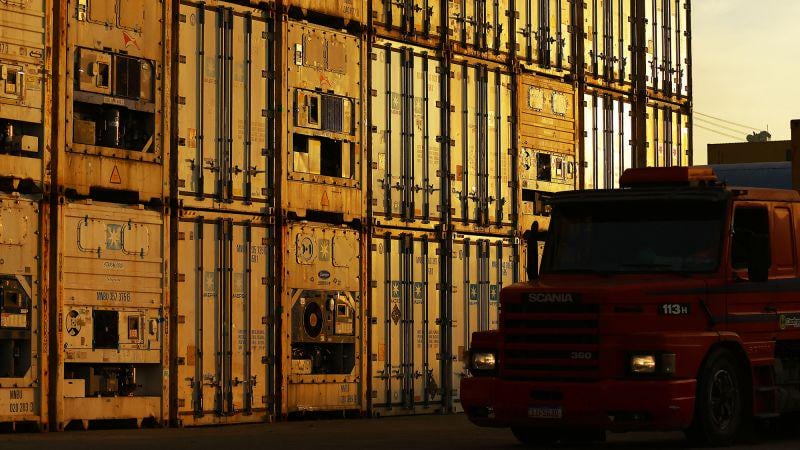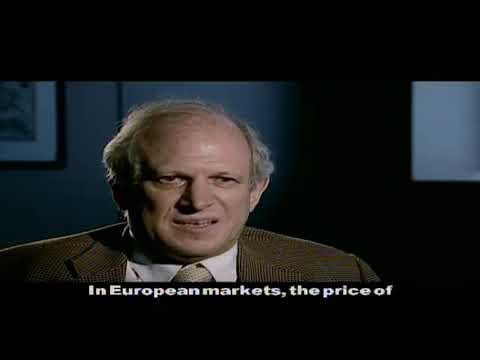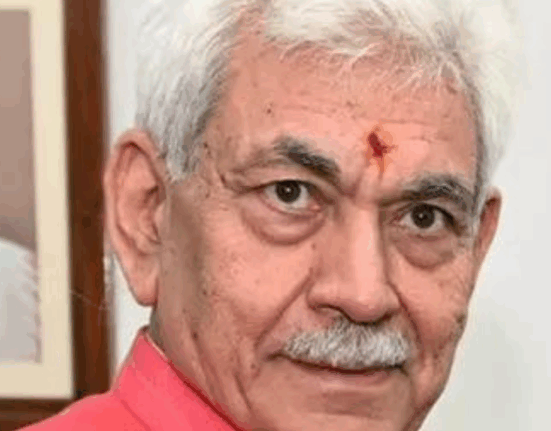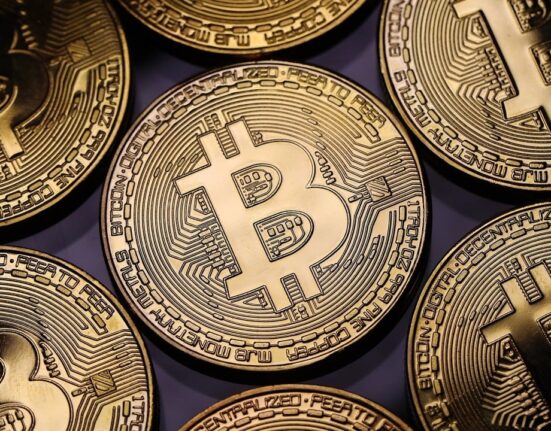President Donald Trump’s recent announcement of a 50% tariff on Brazil has stirred up discussions and concerns about the potential repercussions on the South American nation. The move, attributed to alleged actions related to the prosecution of Brazil’s former president Jair Bolsonaro, has sparked a wave of speculation about how Brazil should and will respond to this threat. The unfolding situation not only highlights the intricacies of international relations but also sheds light on the impact of political dynamics on global economic policies.
In a letter addressed to Brazil’s president, Luiz Inácio Lula da Silva, Trump’s threat of imposing a substantial tariff on Brazilian goods is believed to be linked to what he perceives as a “Witch Hunt” against Bolsonaro. This development has raised eyebrows and triggered a flurry of reactions within and beyond Brazil’s borders. The implications of such a significant tariff, if implemented, are far-reaching and could potentially disrupt the economic landscape not just in Brazil but also in the broader global market.
It’s crucial to delve deeper into the underlying motives behind Trump’s tariff threat and understand the potential consequences for Brazil’s economy and trade relations.
The timing and reasons behind this move raise questions about the intersection of politics and trade policies. The allegations of a “Witch Hunt” and the connection to Bolsonaro’s situation add layers of complexity to an already delicate international scenario. Brazil finds itself at a crossroads, navigating between safeguarding its sovereignty and maintaining its economic stability in the face of external pressures.
As the news of Trump’s tariff threat reverberates, the Brazilian government is faced with the challenging task of formulating a strategic and measured response. The decision on how to address this situation will not only impact Brazil’s economic future but also shape its diplomatic standing on the global stage. The need for a well-calculated and prudent approach is paramount to mitigate any potential fallout from escalating tensions arising from this tariff imposition threat.
Community perspectives and insights play a significant role in gauging the sentiment and reactions surrounding this issue.
The discussions within online forums and social media platforms reflect a mix of concern, skepticism, and calls for decisive action from Brazil’s leadership. The uncertainty stemming from Trump’s announcement has fueled debates on the best course of action for Brazil, with diverse viewpoints emerging on how the country should navigate this challenging scenario. The collective voice of the community underscores the gravity of the situation and the need for a united front in addressing external pressures.
Analysing the broader trends and implications of Trump’s tariff threat on Brazil unveils a nuanced understanding of the interconnectedness of global politics and economics.
The potential repercussions extend beyond bilateral trade relations, impacting market dynamics, investor confidence, and the stability of the international trade environment. The specter of protectionism looms large, raising concerns about the resurgence of trade barriers and the erosion of the principles of free trade. Brazil’s response to this tariff threat will not only shape its economic trajectory but also set a precedent for how nations navigate trade disputes in an increasingly interconnected world.
Amidst the uncertainty and speculations surrounding Trump’s tariff pronouncement, it is essential for Brazil to adopt a strategic and diplomatic approach to safeguard its interests while upholding its principles. The diplomatic channels must be leveraged to engage in constructive dialogue and seek a resolution that balances economic considerations with political sensitivities. Building alliances and garnering international support will be vital in navigating this challenging terrain and mitigating the potential fallout from escalating trade tensions.
In conclusion, the unfolding saga of Trump’s 50% tariff threat to Brazil underscores the intricate dance between politics and economics on the global stage. The implications of this move reverberate far beyond bilateral relations, highlighting the fragility of the international trade landscape and the need for proactive and strategic decision-making. Brazil’s response to this threat will not only shape its economic resilience but also test its diplomatic acumen in a complex and evolving geopolitical environment. As the world watches with bated breath, the outcome of this unfolding drama will undoubtedly leave a lasting imprint on the trajectory of Brazil’s economic and diplomatic journey.









Leave feedback about this